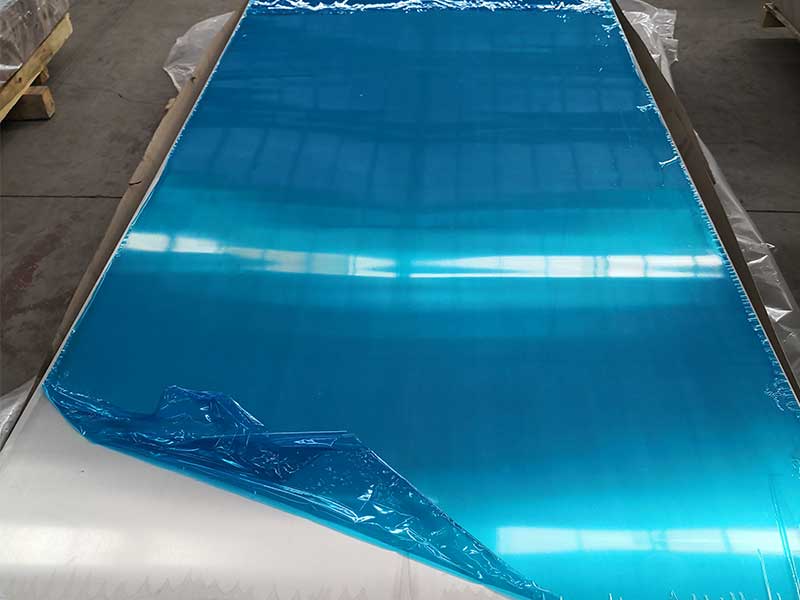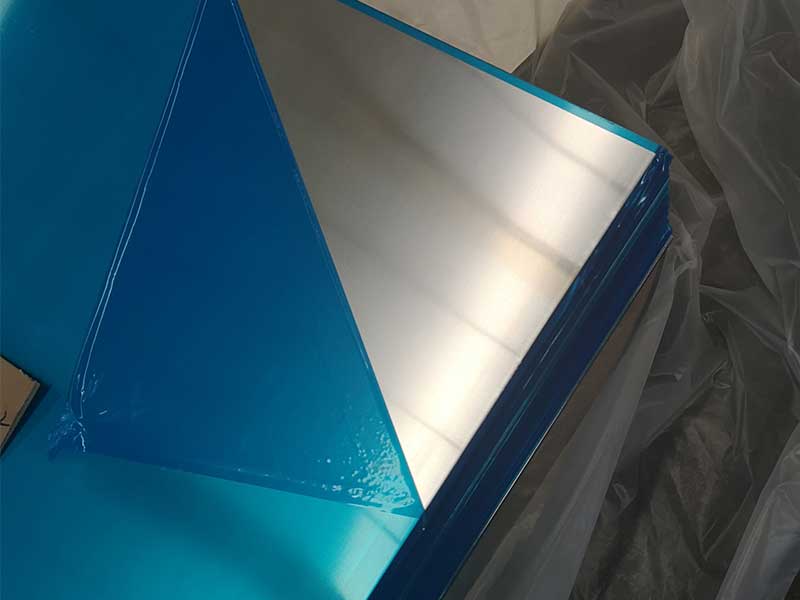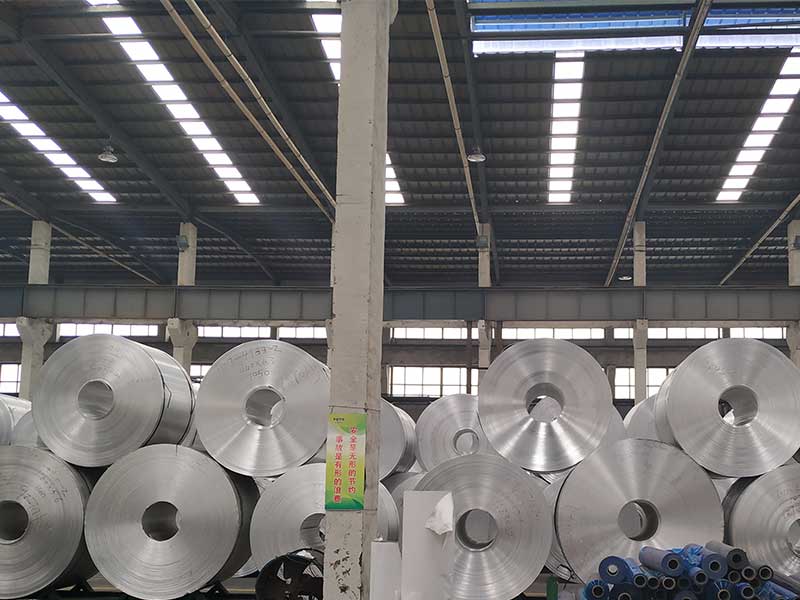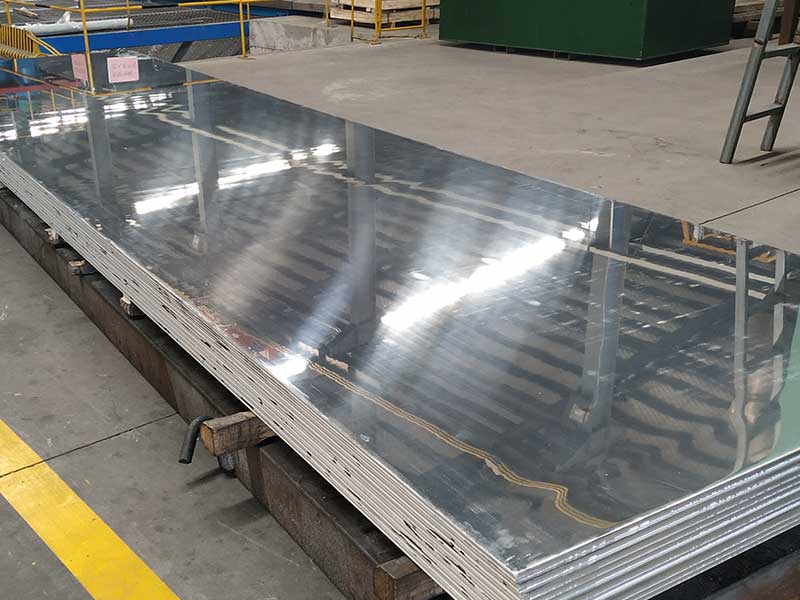The 7mm aluminium plate is a versatile product widely used in industries such as aerospace, automotive, construction, marine, and general fabrication. Striking a balance between thickness and weight, this specific gauge finds extensive application in structural and moderately load-bearing parts, sheet metal fabrication, and architectural designs.
Thickness: 7.0 ± 0.1 mmWidth Range: Typically 1000 mm to 2500 mm (custom sizes available)Length Range: Customizable, up to 6000 mm or as per requirementSurface Finish: Mill finish / pretreated / anodized
Alloy Designations and Temper Conditions
7mm aluminium plates can be manufactured from a variety of aluminium alloys depending on the desired strength, corrosion resistance, weldability, and surface finish.
Common Alloys Used:
| Alloy Series | Description | Typical Application |
|---|---|---|
| 1xxx | Commercially Pure Aluminium (≥99%) | Electrical, chemical industry (corrosion resistant) |
| 3xxx | Aluminium-Manganese | Roofing, siding, chemical equipment |
| 5xxx | Aluminium-Magnesium | Marine, transport, architectural (good corrosion resistance) |
| 6xxx | Aluminium-Magnesium-Silicon | Structural parts, automotive, architectural |
| 7xxx | Aluminium-Zinc-Magnesium | Aerospace (highest strength) |
Typical Temper Grades for 7mm Plates:
Tempering controls strength and ductility balance as per application needs.
- O: Annealed; softest, highest formability
- H1x: Strain hardened only; moderate strength
- H2x: Partial anneal after strain hardening; medium strength plus good formability
- H3x, H4x: Strain-hardened, mechanically overaged — higher strength with reduced ductility
- T4: Solution heat-treated and naturally aged (medium strength)
- T6: Solution heat-treated and artificially aged (peak strength)
- T651: T6 temper with stress relief by stretching
Implementation Standards & Certifications
Manufacture and quality control of 7mm aluminium plates rest heavily on recognized industry standards. Commonly referenced standards include:
| Standard | Description | Applicability |
|---|---|---|
| ASTM B209 | Standard Specification for Aluminium and Aluminium-Alloy Sheet and Plate | General industry |
| EN 573-3 | Aluminium and aluminium alloys - Chemical composition and form of wrought products | European standard |
| EN 485-2 | Aluminium and aluminium alloys – Sheet, strip and plate - Part 2: Mechanical properties | Europe |
| AMS 4017, AMS 4125 | Aerospace material standards for aluminium alloy plates | Aerospace applications |
| GB/T 3880 | Aluminium and aluminium alloy chemical composition standards (China) | Regional China standards |
Chemical Composition (Example: 6061 & 7075 Alloys)
| Element | 6061 (%) | 7075 (%) |
|---|---|---|
| Aluminium | Balance | Balance |
| Magnesium | 0.8–1.2 | 2.1–2.9 |
| Silicon | 0.4–0.8 | 0.4 |
| Copper | 0.15–0.4 | 1.2–2.0 |
| Zinc | 0.25 | 5.1–6.1 |
| Chromium | 0.04–0.35 | 0.18–0.28 |
| Others | ≤0.15 (each) | ≤0.05 (each) |
Chemical percentages vary based on precise alloy and manufacturer tolerances.
Mechanical Properties (at Room Temperature, Typical Values per ASTM B209)
| Mechanical Property | 7mm 6061-T6 | 7mm 7075-T6 | 7mm 5052-H32 |
|---|---|---|---|
| Yield Strength (MPa) | ≥275 | ≥430 | ≥193 |
| Ultimate Tensile Strength (MPa) | 310–350 | 540–600 | 228–262 |
| Elongation (%) | 10–17 | 11–15 | 7–15 |
| Hardness (Brinell/BHN) | 95 | 150 | 65 |
| Density (g/cm³) | 2.70 | 2.81 | 2.68 |
Corrosion Resistance and Surface Treatment
Aluminium plates have excellent natural corrosion resistance owing to the formation of a protective oxide film. Certain alloys like 5xxx and 6xxx series offer improved corrosion resistance in marine and industrial environments.
Surface treatments include:
- Anodizing: Improves corrosion resistance and aesthetics
- Powder Coating / Painting: Additional protective layers for harsh conditions
- Mill Finish: Standard finish for general industrial use
Applications of 7mm Aluminium Plate
- Structural components in transport and fabrication — due to strength and lightweight benefits
- Shipbuilding and marine fittings — leveraging corrosion resistance
- Automotive panels and sub-frames
- Architectural cladding & facades where aesthetic and durability meet
- Precision instruments and aerospace parts (especially using 7xxx series alloys)
- Manufacturing pressure vessels and storage tanks where resistant to chemicals
A 7mm thickness aluminium plate offers an ideal combination of strength, machinability, corrosion resistance, and cost-effectiveness for myriad commercial and industrial applications. By selecting the correct alloy system and temper condition, engineers can optimize performance for highly specialized needs — from lightweight aerospace structural parts to robust marine-grade plating.
When ordering, carefully specify alloy, temper designation, surface finish, and compliance standard to ensure that the 7mm aluminium plate exceeds operational expectations.
For custom quotes or technical data sheets on specific aluminium alloy grades and tempering suitable for your 7mm plate needs, please contact our engineering sales team.
Keywords: 7mm aluminium plate, aluminium plate specifications, aluminium alloys 7mm, aluminium plate temper, chemical composition aluminium plate, mechanical properties aluminium plate, ASTM B209 aluminium.












